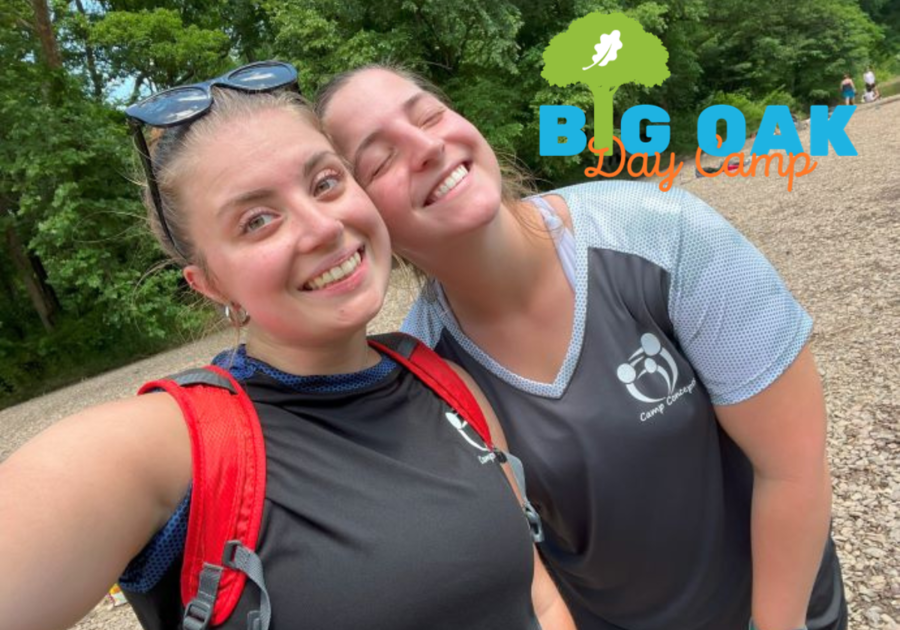Often, when parents are contemplating sending their children to summer camp, they try to determine the cost value of the program in comparison to what the child gets in the program. If they are selecting a sports camp, they would expect the technical skills of the child to improve by the end of the week. If they are selecting an arts camp, they would expect the child to complete a finished product to show the work they have been putting in. The same would be true for a theater camp, the end of the week, parents would be expected to see a show or performance. But what do parents see as the real value of a day camp program?
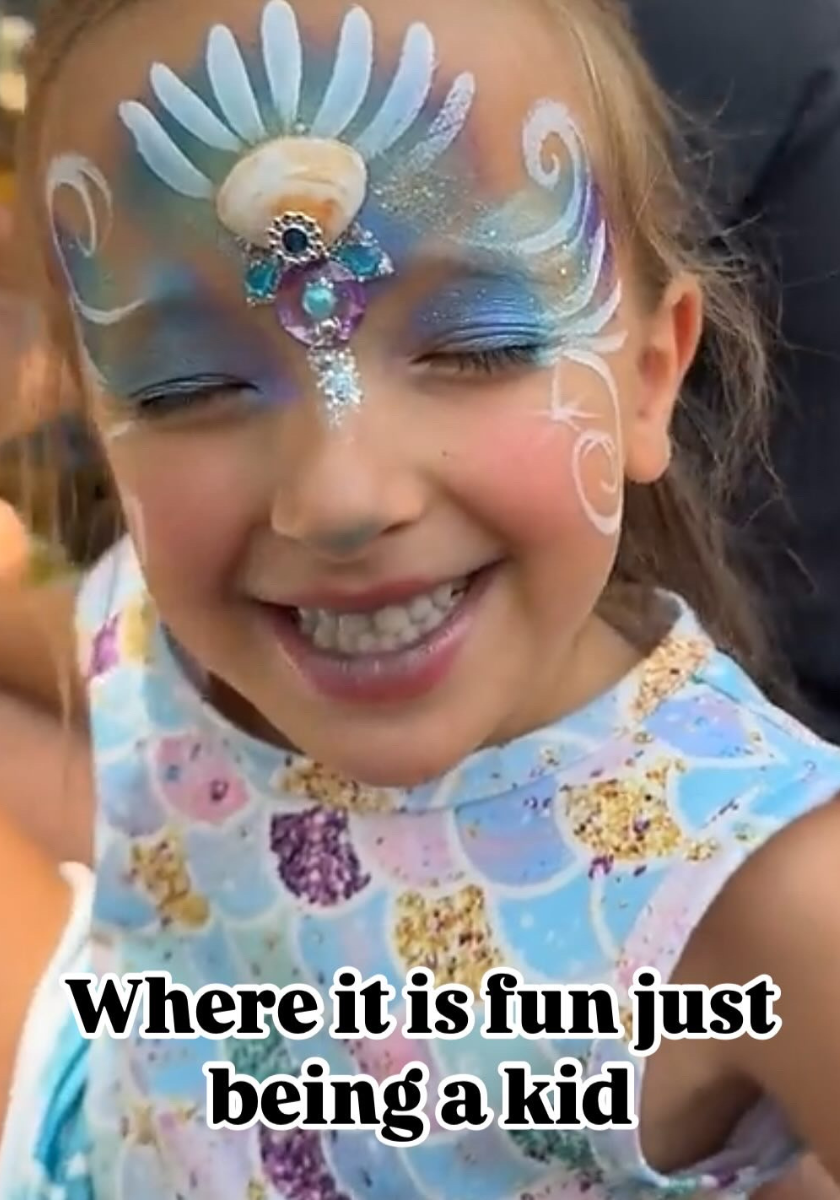 | 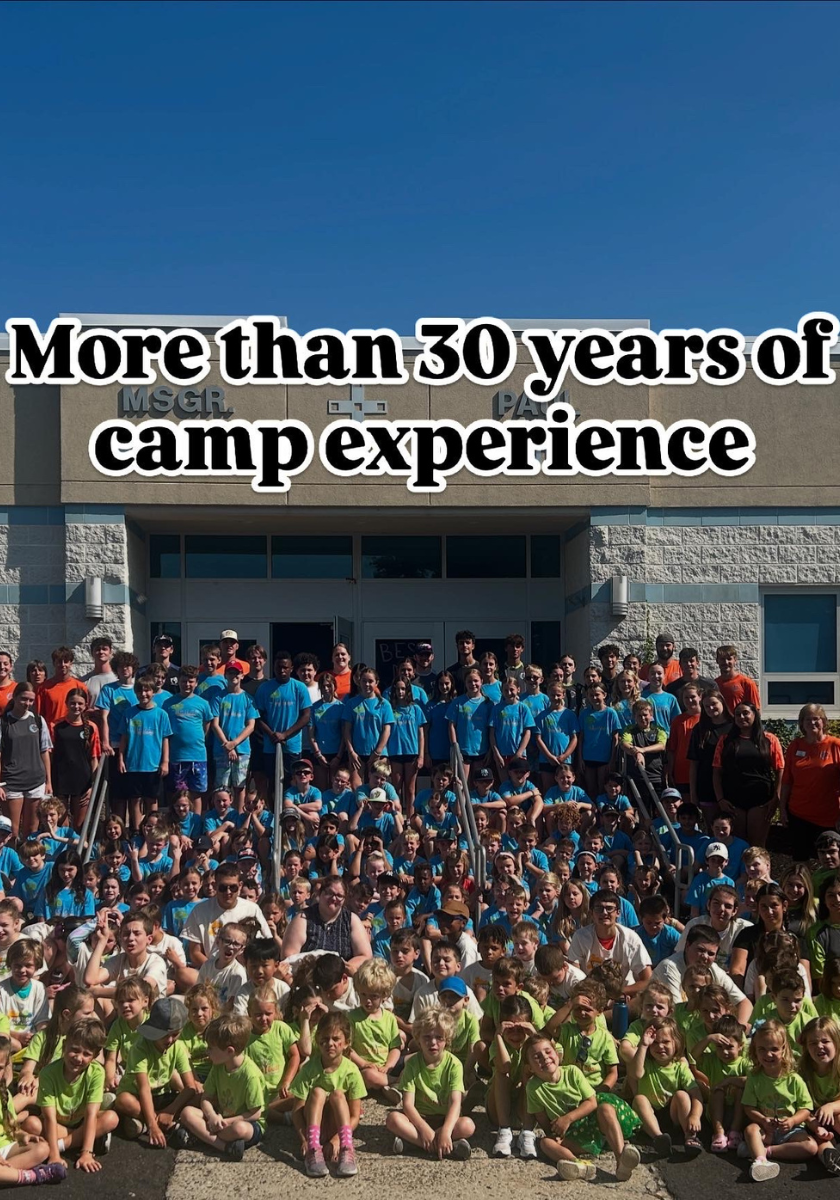 | 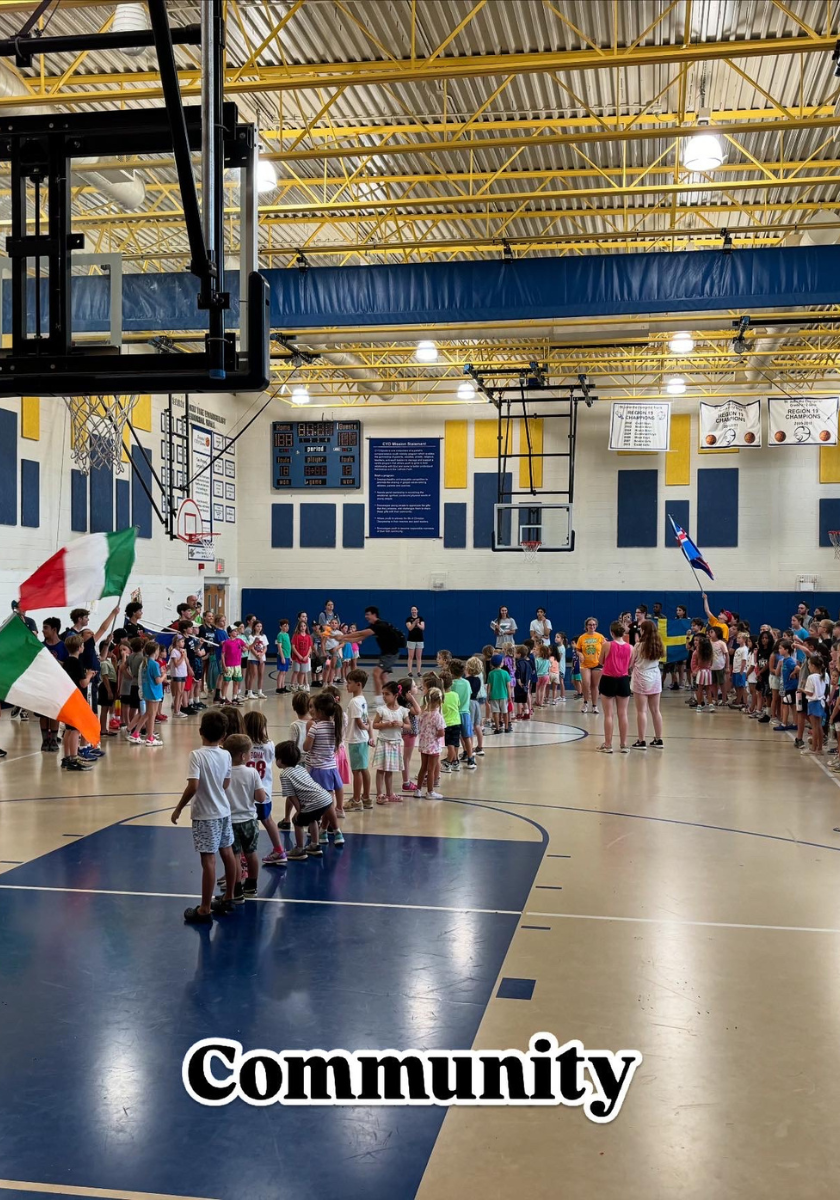 |
I learned the true value of camp early in my teaching career. Watching students come together, from many different backgrounds, grade levels, and educational experiences, and through careful planning, and game and activity facilitation, I noticed the product at the end was more about the growth in each child not what they were bringing home. In a camp setting, we watch kids plan together, learn together, struggle together, agree and disagree together, work together, argue together, and all the while their important social and emotional skills were being challenged and enhanced because of the peer-to-peer contact during the camp.
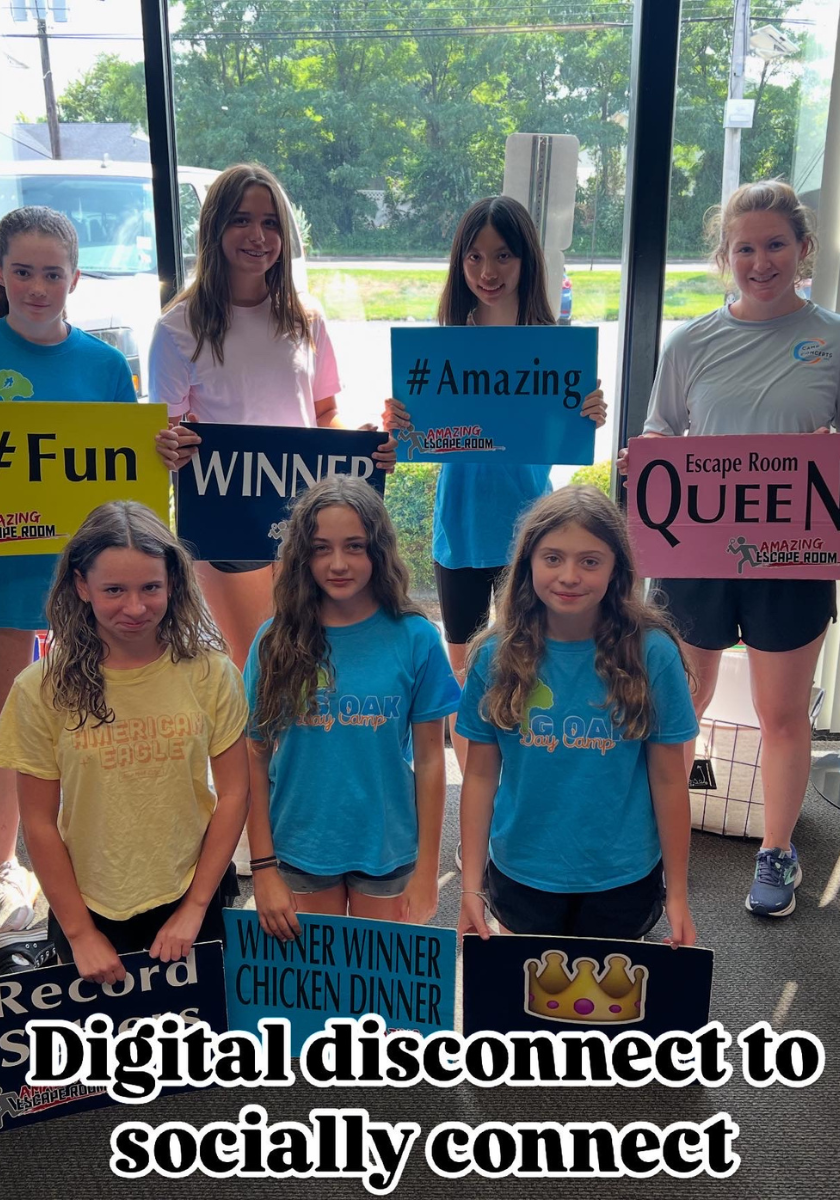 |  | 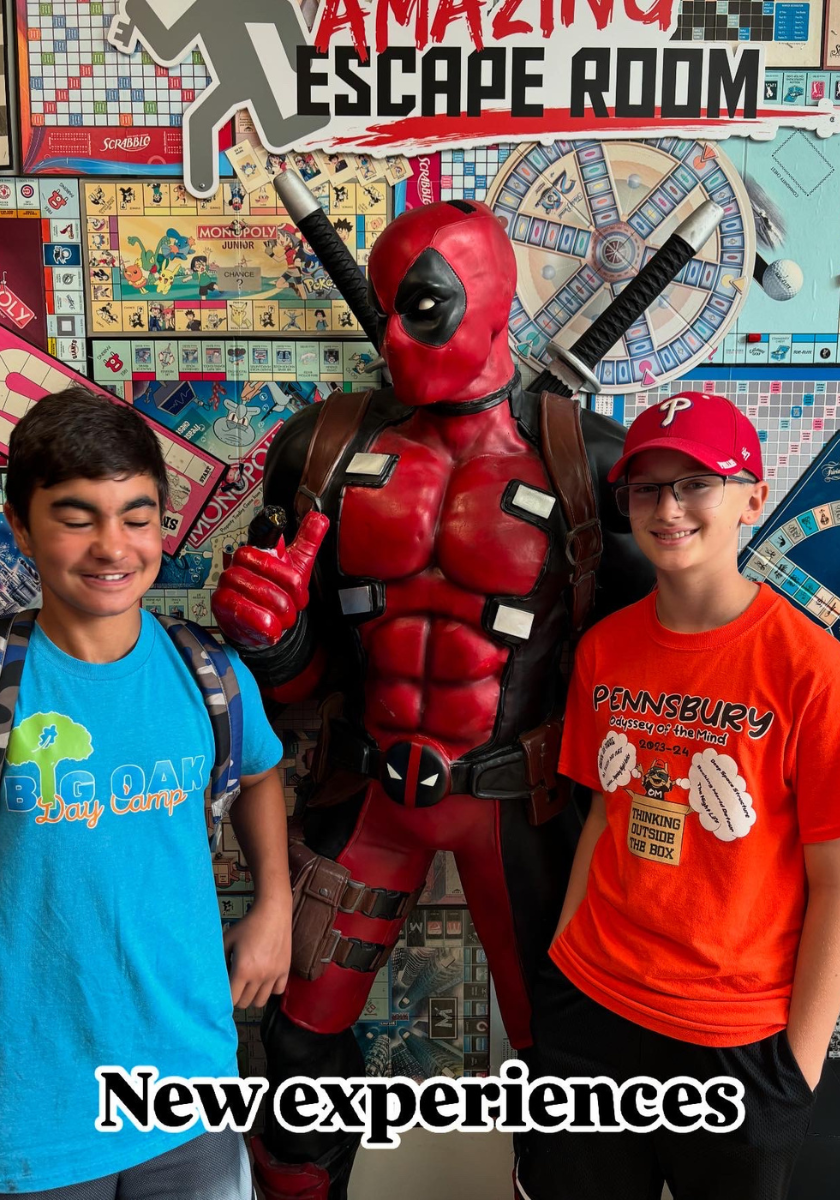 |
Schools tend to focus and assume responsibility for the IQ of students. In my opinion, camps see the responsibility for the social emotional learning of children in a way that is often seen as a simple byproduct, but not a predominant focus, in traditional schooling. The definition of an emotionally intelligent person is one who can identify their emotions, manage their emotions, and recognize the emotions of others. Camp is the perfect incubator to develop social and emotional intelligence.
When looking for a camp for your child, dig deep into what the leaders of that program say about the outcomes that they seek for their clients. The program of activities is simply a structure to facilitate something far more than just filling a day with activities. Sure, kids can have fun and enjoy those activities, but the takeaways should be more than just memories; they should be memorable and meaningful moments that can help foster greater life skills promoting their social and emotional intelligence.

